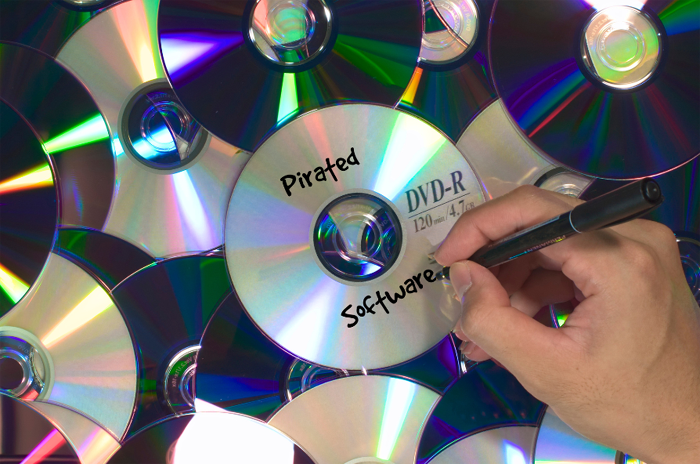One of the primary concerns surrounding cracked software lies in its questionable source and authenticity. When users obtain software through unofficial channels, they relinquish the security and trust that come with obtaining software from legitimate sources. Cracked versions often involve unauthorized modifications to the original code, introducing potential vulnerabilities and compromising the integrity of the application. These alterations may include the removal of crucial security features or the insertion of malicious code, leaving users susceptible to a range of cyber threats.
Beyond the immediate security risks, downloading cracked software can have legal consequences. Software piracy is a violation of intellectual property rights, and engaging in such practices exposes individuals to potential legal action by software developers and copyright holders. The consequences may include hefty fines and even imprisonment in some jurisdictions. The legal ramifications extend beyond the individual downloader to encompass those who distribute, host, or facilitate the distribution of cracked software.

In addition to the legal and security concerns, cracked software often lacks the essential updates and patches provided by legitimate vendors. Developers regularly release updates to address security vulnerabilities, enhance features, and improve overall performance. By resorting to cracked versions, users forfeit the opportunity to benefit from these updates, leaving their systems exposed to evolving threats. The absence of timely updates also contributes to compatibility issues with other software and hardware, potentially leading to system instability and malfunctions.
Moreover, the use of cracked software undermines the software development ecosystem. Developers invest substantial time, effort, and resources in creating innovative solutions to meet user needs. By circumventing legitimate channels and obtaining software without compensating developers, users contribute to a culture that devalues intellectual property and hinders the sustainable growth of the software industry. This, in turn, can stifle innovation, discourage investment, and limit the availability of high-quality software solutions for all users.
Another critical concern associated with cracked software is the heightened risk of malware infections. Illegitimate sources often host cracked software with hidden payloads, including viruses, trojans, and ransomware. Users who download and install cracked software unknowingly expose their systems to these malicious elements, compromising the confidentiality of personal data, risking financial loss, and potentially becoming victims of identity theft. The prevalence of malware in cracked software emphasizes the importance of discernment and caution in the digital realm.
Furthermore, cracked software may come bundled with unwanted and potentially harmful add-ons, such as adware and spyware. These intrusive elements can compromise user privacy by collecting sensitive information without consent, degrading system performance, and inundating users with unwanted advertisements. The cumulative effect of these intrusions not only diminishes the user experience but also poses a threat to the overall security and functionality of the system.

In conclusion, the risks associated with downloading cracked or pirated software are both numerous and severe. From compromising system security and legal consequences to hindering software development and exposing users to malware, the dangers underscore the importance of opting for legitimate, licensed software. Users should prioritize their digital safety, respect intellectual property rights, and contribute to the growth of a secure and sustainable software ecosystem by avoiding the allure of cracked or pirated software. Ultimately, the adage “you get what you pay for” holds true in the digital realm, where the cost of a seemingly free download may far exceed the perceived benefits.


Leave a Reply